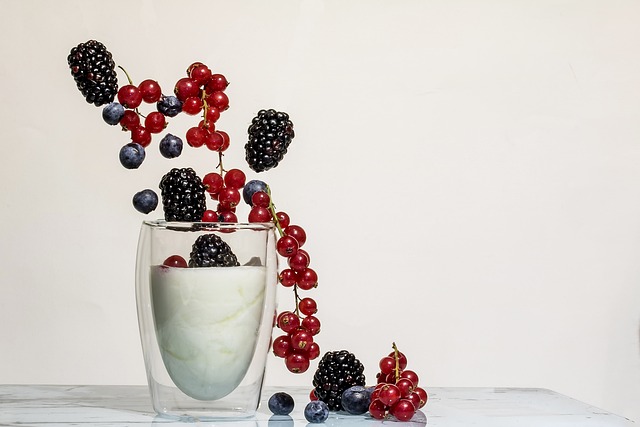The Ultimate Probiotic Showdown: Which Strains Reign Supreme?
Probiotics have gained incredible popularity in recent years for their potential health benefits. They are live bacteria and yeasts that are good for our digestive system and overall well-being. These beneficial microorganisms can be found in certain foods and supplements, and they are known to support gut health, boost the immune system, and help maintain a healthy balance of bacteria in the body.
With so many different probiotic strains available, it can be overwhelming to determine which ones are the most effective and beneficial. In this ultimate probiotic showdown, we will explore some of the top strains and discover which ones reign supreme in the world of probiotics.
Lactobacillus acidophilus
Lactobacillus acidophilus is one of the most well-known and extensively studied probiotic strains. It is a lactic acid-producing bacteria that naturally resides in the intestines and vagina. This strain is commonly found in dairy products and fermented foods like yogurt and sauerkraut. L. acidophilus is believed to provide numerous health benefits, including improved digestion, enhanced nutrient absorption, and boosted immune function.
Bifidobacterium lactis
Bifidobacterium lactis is another powerful probiotic strain that is highly regarded for its ability to support overall gut health. It is commonly found in dairy products and fermented foods. B. lactis has been shown to help alleviate symptoms of irritable bowel syndrome (IBS), improve lactose intolerance, and reduce inflammation in the gut. This strain is known for its ability to survive the acidic environment of the stomach, allowing it to reach the intestines where it can exert its beneficial effects.
Escherichia coli Nissle 1917
Escherichia coli Nissle 1917, also known as EcN, is a probiotic strain that is derived from a non-pathogenic variant of the bacterium Escherichia coli. It has been extensively studied for its potential benefits in treating and preventing various gastrointestinal disorders, including inflammatory bowel disease (IBD) and antibiotic-associated diarrhea. EcN works by promoting the growth of healthy bacteria in the gut, enhancing the gut barrier function, and modulating the immune response.
Saccharomyces boulardii
Saccharomyces boulardii is a unique probiotic strain that differs from other strains as it is a yeast rather than a bacterium. It has been widely studied for its efficacy in preventing and treating diarrhea, particularly in cases of antibiotic-associated diarrhea and Clostridium difficile infection. S. boulardii works by inhibiting the growth of harmful bacteria and restoring the natural balance of bacteria in the gut.
Enterococcus faecium
Enterococcus faecium is a probiotic strain that is often used in animal feed for livestock to promote healthy digestion and prevent the growth of pathogenic bacteria. However, it has also gained popularity as a probiotic supplement for humans. E. faecium has been shown to support the immune system, improve nutrient absorption, and alleviate symptoms of diarrhea and digestive disorders. It is also known for its ability to survive the acidic environment of the stomach and colonize the intestines.
Conclusion
In the ultimate probiotic showdown, these five strains – Lactobacillus acidophilus, Bifidobacterium lactis, Escherichia coli Nissle 1917, Saccharomyces boulardii, and Enterococcus faecium – have been shown to reign supreme in the world of probiotics. Each strain offers unique benefits and has been extensively studied for their efficacy in promoting gut health, supporting immune function, and improving overall well-being.
When choosing a probiotic supplement or incorporating probiotic-rich foods into your diet, it’s important to consider your specific health needs and consult with a healthcare professional. Remember, what works for one person may not work for another, and the effectiveness of a probiotic strain can vary depending on individual factors. Ultimately, finding the right probiotic strain(s) for you may require some experimentation and personalization.
So, whether you opt for Lactobacillus acidophilus, Bifidobacterium lactis, Escherichia coli Nissle 1917, Saccharomyces boulardii,







